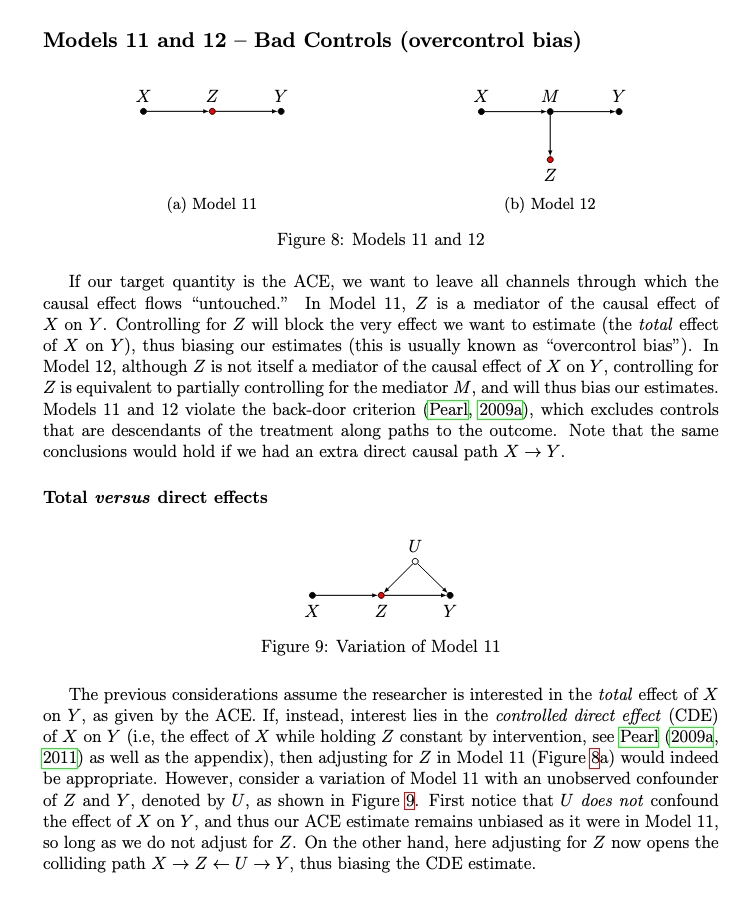I have a question regarding Omitted Variable Bias (OVB):
I know that endogenous predictor can be an issue, as the association between the dep. variable and the indep. variable could be confounded by another variable, which is not controlled for in the model.
I'm wondering though whether the exogeneity of a predictor is a sufficient requirement for not having OVB in a regression. I read many times that we need exogenity for an unbiased estimator. but this is not conclusive for me.
Let's say we have a lottery, where 50% wins so much money, that they never have to work again while the other half wins nothing at all.
After 2 months, we measure their happiness levels and find out, that the winner group is on average significantly happier than the losers of the lottery. Would you now conclude that this effect is causal? Clearly winning the lottery is exogenous...
I did not find an answer to this question on the internet, that's why I'm a bit confused. But in my opinion, we cannot conclude a causal relationship because there could be mediating variables that also get influenced by the predictor.
Let's say we control for time spent with family. In that case, the coefficient for the predictor could become small and insignificant. It's not the lottery that caused the happiness increase, but the increased time spent with the family, which was caused by the lottery. We have a significant association between lottery winning and time spent with family and between time spent with family and happiness.
So the indirect effect over the mediator (time spent with family) is significant while the direct effect from the predictor (lottery) to the dep. variable (happiness) is not.
If we did not include time spent with family, we would have a positive bias in the lottery coefficient ie. OVB.
Is this reasoning correct or what am I doing wrong?
Thanks for your help :)

